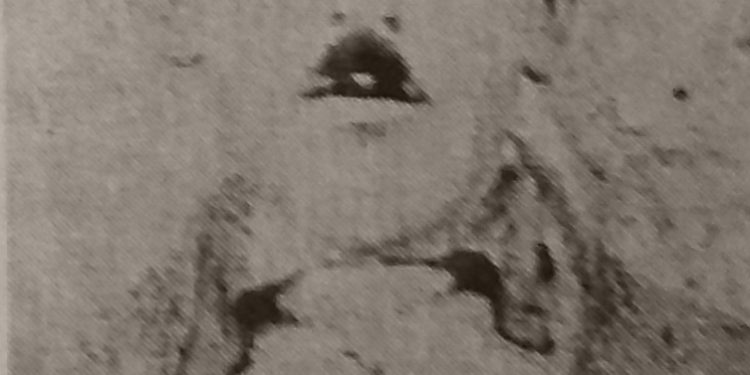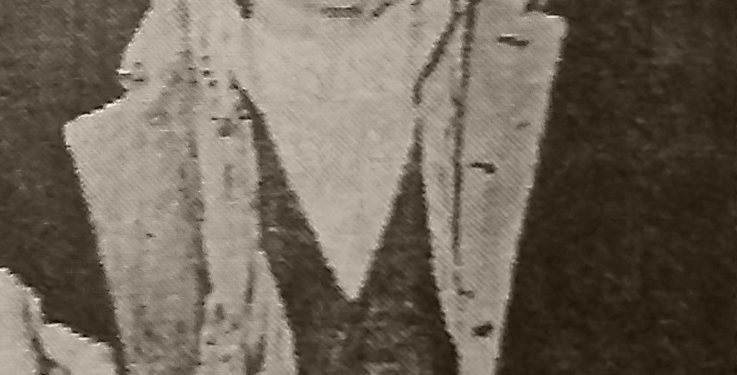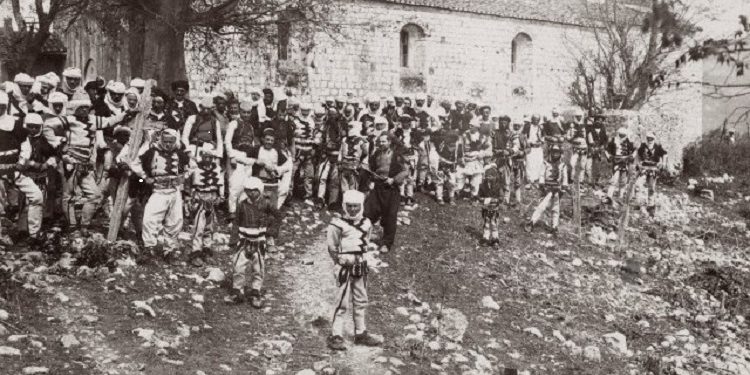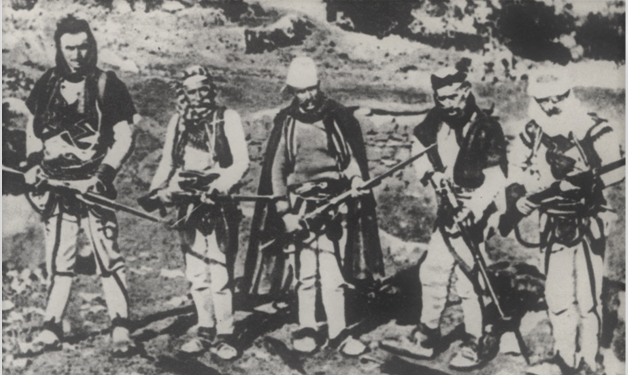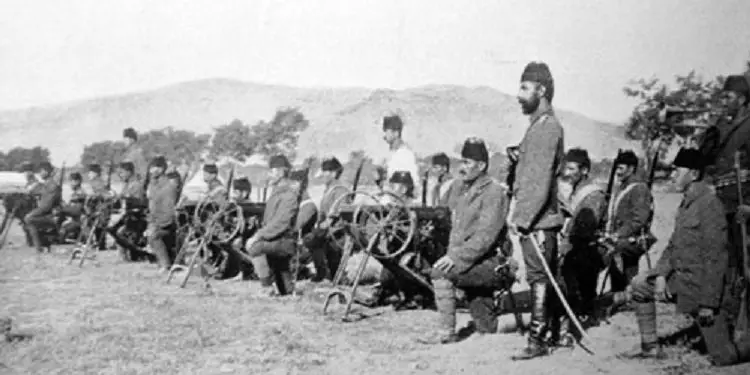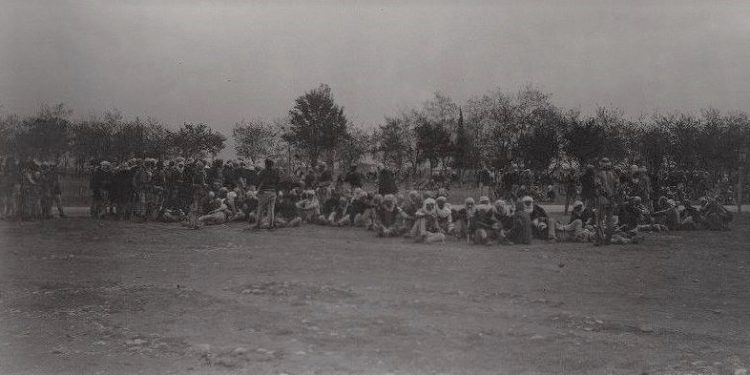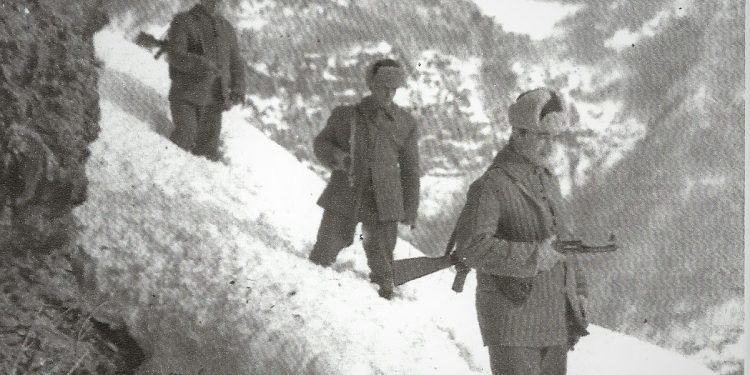By Caf Jonuz Çulaj
Memorie.al/ After the end of the Second World War, a communist dictatorship was established in Albania. The place resembled a very large prison. The border belt was guarded day and night by soldiers, police and conscripts. Later he was surrounded by wires.
Dissatisfied with the system in force, many were those who pushed the border to find salvation in the rest beyond our border. Some were lucky, others died because of it. Residents living along the border often heard gunshots. The next day it was learned that two people had been killed, that another had been wounded and had taken clothes, that someone had managed to escape.
Residents along the border also saw Internal Affairs Branch cars coming and going alarming or trucks loaded with people (elderly, women, children) and looting making their way to isolated villages deep in the country, which were assigned to the internment of these families. More than pyramid stones, they would be the headstones to be dedicated to those killed at the border.
On August 18, 1950, on the border with Yugoslavia, two mountain men were added to a long line of assassins. They were father and son, Pjetër Zef Çulaj and Ndrekë Pjetër Çulaj, from the village of Zagora of Shkreli of Malësia e Madhe.
Peter was born on November 2, 1885 into a very poor family. He so poorly spent 65 years of his life because he had little land and few cattle, so he provided bread to work at the village gates. The poor economic situation did not prevent him from being as generous as the highlanders usually are.
He was educated in a family with a sense of patriotism, his father had told him about the resistance in the years 1878 – 1880 of our people, for the protection of Albanian lands from the intentions of Knjaz Nikolla. (He had taken part in the fight for the protection of Hoti and Gruda in the spring of 1880).
In 1910, with the arrival of Turgut Pasha, who demanded the disarmament of the population, but he did not surrender. In 1911, with the outbreak of the Uprising of Malësia e Mbishkodra in search of the autonomy of Albania, he pulled out his hidden rifle and fought against the Turkish army, in Rrasat e Fikut, in Sukat e Mosket, and finally in Deçiq.
Albania in 1912 gains Independence and he returns to housework, but not for long. He had to think to protect that little property, from the demands of the Austro-Hungarian army (1916 – 1918) for food. It is sad when the latter, bury in the territory of the village some Lohjans, because they had opposed the systematic robbery of the invader.
He had to take her on his feet once again to defend the country’s land again, because in 1920 the Yugoslavs were looking for Shkodra. Both our Malësia and Shkreli lined up on the war front. He sent 148 volunteers under the command of the bayraktar and Kanto Marashi. Peter was among them. The country is protected and the borders are guarded.
In 1922, she gave birth to a son, whom she named Ndrekë. Years pass and he awakens the horizon through conversations he had with the priest of Dedaj village, Dom Nikoll Gazulli. Among other things, the latter explained to him what communism was. Under his influence, he became anti-communist and remained so.
He joined the Koplik Anti-Communist Movement in January 1945, but was forced to return home because the movement was suppressed and many were arrested.
In these conditions and circumstances, in 1950, when the relations between Albania and Yugoslavia were deteriorating, he and his son were making plans for emigration. Peter was confident that if his son Ndreka, who was young and strong, went to the West, he would be able to work and help his family.
It was not easy for both father and son to cross the border, leaving the family behind. After a few hours of travel, they reached the border line, had to cross the river Cemi. They cross it and as soon as they step on Yugoslav territory, they are shot by the Albanian border guards. From these shots, the boy Ndreka is killed and dies, while Pjetri is injured, this caused him blindness and from the great pain of losing his son, he dies in foreign lands./Memorie.al




